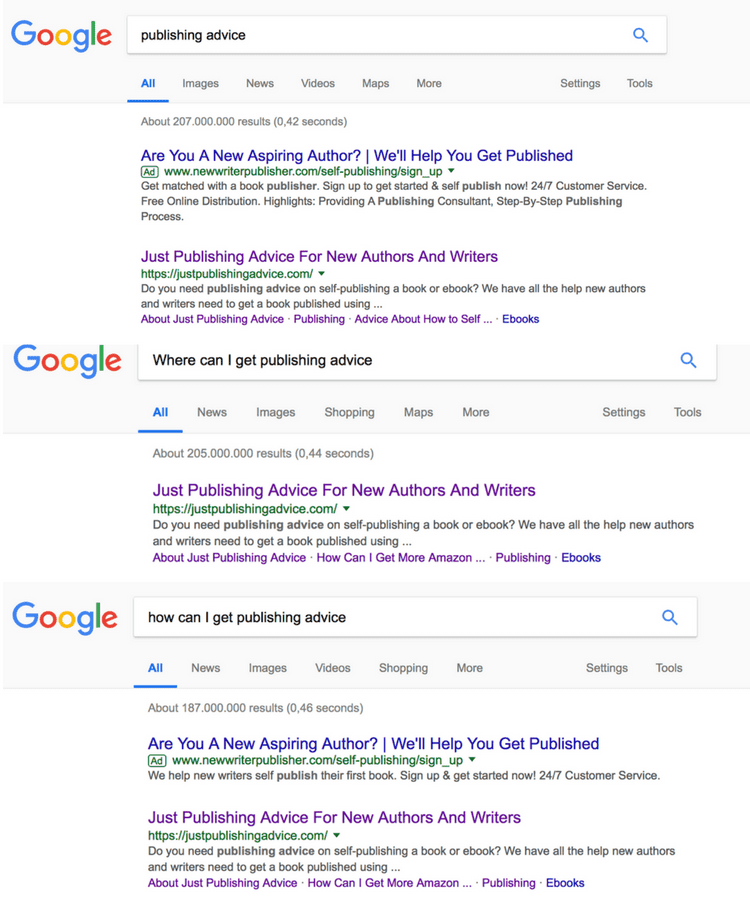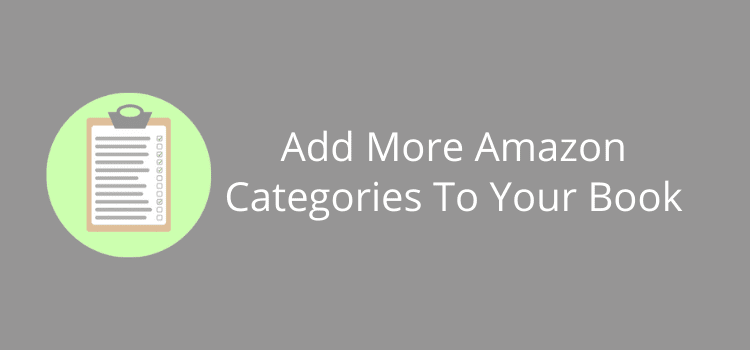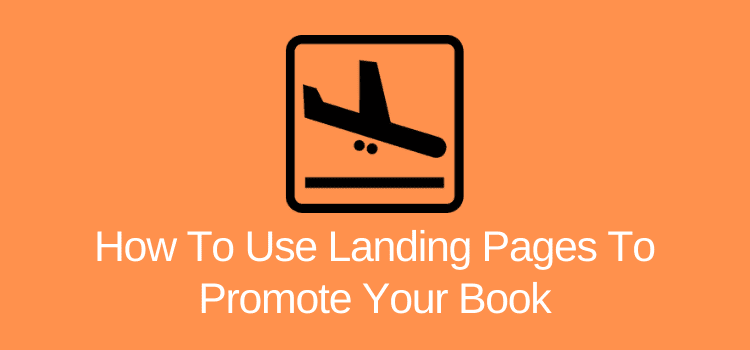
Your domain name is by far the most crucial choice you will make for your new blog or website. But how to choose a domain name?
When you build a website or blog to promote your books, the first decision you need to make is your domain name.
Domain name registration is quick and inexpensive.
In most cases, your web hosting service provider is connected to domain name registrars. You can usually choose and purchase top-level domain (TLD) names for about $10.00 a year. So it is not expensive at all.
How to choose a good website name
But before registering a domain, or even a free domain, you should do your homework first.
Here are some tips on how to choose a domain name.
It can help you get more traffic if you are starting a blog.
Domain names or domain name systems (DNS), which are more commonly called URL web addresses, need careful consideration.
The URL your new site will use is one of the primary ways people will find your website.
It will show in the address bar of a browser.
More importantly, it will be indexed by Google, Bing, and Yahoo.
One vital element to know is that you can include SEO keywords in your domain name ideas.
But not every domain name contains natural keywords.
You have to know how to include them.
Keywords are how people find you on the Internet

Think for a moment about how people will find your new blog.
If they don’t know your name, what good is using it in your domain name?
If they don’t know the title of your book, how can they search for it on Google?
You can add a site link to your Facebook pages, Twitter, or book promotion sites, but how many people click on these links?
Like any small business, product, or service, books and authors need to be discovered.
You need to help people find you through their web browsers and search engines so that they can buy your books.
Why?
Because finding people to buy your book is foot-in-the-door hard-selling, and it doesn’t work online.
But getting people to find your book is good book promotion and marketing, and it does work online.
Organic web search is the best way to help more people discover you and your books.
Web search is based on keywords and phrases people use to find something online.
So you need to help them find you by selecting predictive keywords, and it can all start with your domain name.
If you get it right, you will get a lot of visitors to your new website. So what are the dos and don’t’s when it comes to domain name advice?
Common features of poor domain names
Before you rush in to buy a domain name for your site, here are some basic mistakes you should avoid.
1. No one will search for you by name. Well, except for your close family and friends, perhaps. So using your name in any form in your domain name will not gain much traffic.
2. You find a name you like, but it is already taken. So you add a hyphen or two and think you have won. You haven’t.
Always avoid hyphens. Hyphenated domain names are never a good choice as they diminish the SEO value of your site. Also, do not be tempted to add a string of numbers at the end.
3. You have been told that short domain names are a good idea. Well, yes, they are for companies like Apple, Google, and Amazon.
But you don’t have a well-known brand name that people will instinctively type into a browser bar.
4. You use your book title as your domain name, but your book title is ten words long.
You can certainly register it, and it will work. But it will be chopped and cropped everywhere it appears.
The optimum length for a domain name is between 10 and 25 characters.
5. Invented names and words from your books are great because you can always find a short URL. Yes, you certainly can, and I did it a long time back.
I thought gloth.com was a great choice. Short and only five letters, so it had to be a winner. It wasn’t. It was a loser because no one ever searched for my invented word.
6. Using a secondary domain name extension such as .net, org, or country codes like .de, .fr, .co.uk, or .com.au.
How to choose a domain name that works
Now let’s move on to the key features of a perfect domain name that can help people, and especially readers, find you.
The key components of a good SEO domain name are:
1. Between 18 and 25 characters long
2. Only nouns, verbs, and adjectives
3. Highly descriptive
4. Uses high-frequency search keywords
5. Has a top-level .com extension
There are three basic types of domain names.
1. Personal Domain – Your name, author name, or book title
2. Brandable Domain- Your company name
3. SEO-optimized Domain- Keyword rich
The last option is usually the best for most people starting a new website.
If you are struggling with ideas, you can try Brandsnap. It’s a clever AI generator of available domain names.
SEO-optimized domain name
The key to an SEO-optimized domain name is to find words that describe what your site is about.
You need to restrict your word choices to nouns, verbs, and adjectives. Avoid prepositions, articles, and linking words such as but, then, if, so, etc. Then combine your word choices without hyphens.
Before I set up Just Publishing Advice, I used my personal website and blog for many years.
It was okay. But I didn’t get much traffic because very few people searched for me by name.
Primarily because they didn’t know my name, of course.
Then, a few years ago, I read an article about how to choose a domain name that is SEO-optimized. One line from that article is still stuck in my head.
“Your domain name should tell people what you do and how it can help them.”
When I looked at the hundreds of blog posts I had written, they were mostly about writing, grammar, books, and blogging. I was a bit slow because it took me two weeks for the penny to drop that I was writing about publishing.
After choosing my new domain name and redirecting my old blog to it, my traffic shot up. From a handful to 1,000’s of site visits per day.
Before the site name change, I hardly ever ranked higher than 100 on Google. But now, searches and questions for publishing advice rank at number one, or at worst, directly after paid Google Ads.

How can an SEO-optimized name work for a new site for an author?
The critical ingredient of success is to focus on what you do and how that can connect with people.
Don’t use domain name generators. You need to craft your new domain name specifically for your needs.
Let’s say you write romance.
Look for ways to express that with a compound noun or adjective-noun. A thesaurus can really help.
I recall that some time ago, a post ranked very high on one of our sites with the keyword japaneselovestory.
A quick bit of SEO research gave me these suggestions for a romance site.
yourfantasylove – bodicerippingtales – hotpassionateaffairs – courtshiptolove
These suggestions are not guaranteed winners.
But you can get an idea about choosing a keyword-rich domain name that will attract much more traffic.
It will work much better than a personal or branded name.
Branded domain names can work, but only in the long-term
If you want to use a brand name, it can work.
Perhaps in the case that you have set yourself up as a publisher or you offer a service.
But it relies heavily on building name recognition.
You need to concentrate on writing a lot of blog posts on your own and on external sites and building backlinks.
You need to write and post often enough for people to remember your brand name and then use it in a search.
Social media is a great tool to further your brand recognition.
All this will, of course, take quite some time to happen. But these domains work if you work hard and are very patient.
Summary
If you are wondering how to choose a website name for your new site, slow down and do your research.
Don’t jump in and buy just any domain name, especially a name with hyphens.
Most author sites I visit have domain names that do not work well in getting search engine traffic.
Author names or book names take a long time, if ever, to gain public name recognition.
It is far better to concentrate on finding a keyword-rich domain name to help you attract more readers.
Remember the advice I gave earlier.
“Your domain name should tell people what you do and how it can help them.”
So you should tell people that you write books and you can help them find reading enjoyment.
The more people you can attract to your site, the more chance you have of selling books.
If you already have a website and not getting the traffic you would like, you can always change your domain name.
It requires a little technical ability, though.
You need to install a permanent 301 redirect on your web server from your old name to your new name.
It will redirect every page on your site.
If you are not sure how to do it, check with your hosting provider.
Related Reading: Blogging For Authors – Here Are The Major Pros And Cons




Before deciding for your domain names, there are still lots of things to consider and one thing for sure is that it should be relevant on what your site is all about.
Thanks, Derek. Food for thought. Lots of thought :)